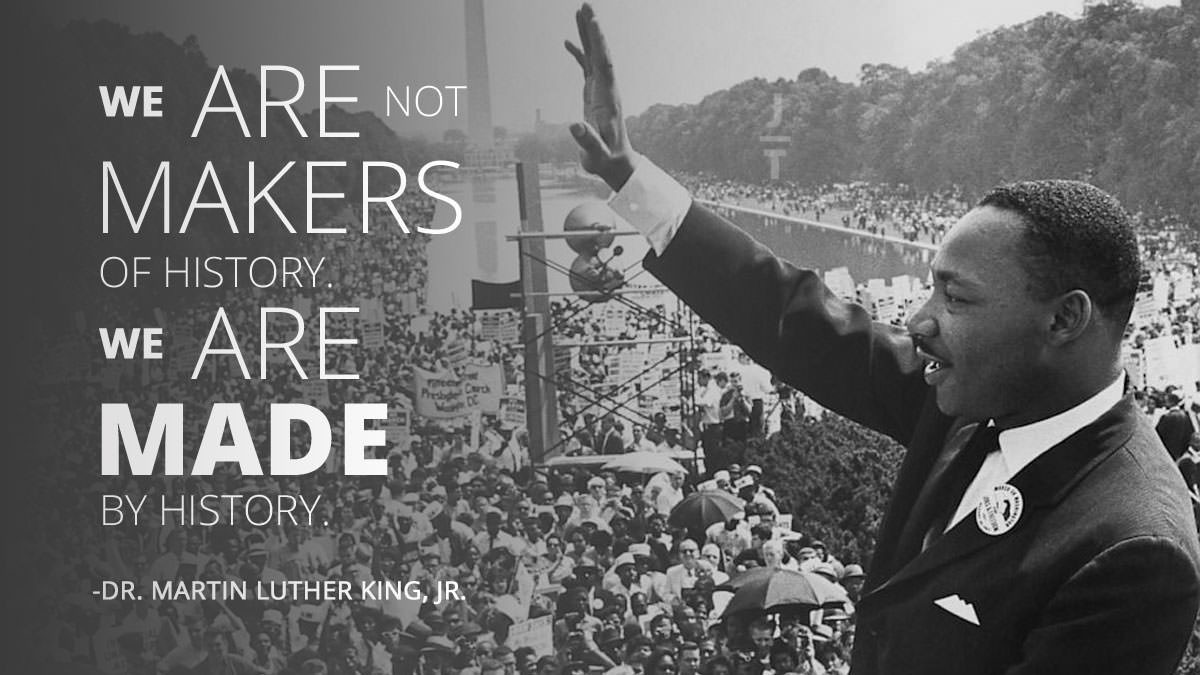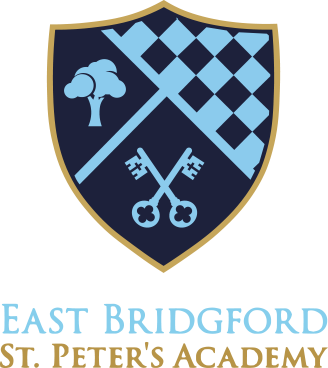History

What do we want our History curriculum to achieve?
At St Peter’s, we want children to become curious, analytical and ethically minded historians who investigate the past with sharp eyes and open hearts. Through engaging stories, hands-on artefacts and purposeful fieldwork, pupils learn to understand how people, events and ideas have shaped the world—and how that legacy informs the choices we make today.
History at St Peter’s inspires children to think critically about change and continuity, cause and consequence. Learners are challenged to link the past with their own experiences and consider how they can Take Care of themselves, others and our shared heritage.
By asking probing questions, weighing evidence and debating interpretations, pupils grow in empathy and judgement. They discover that history is about real people, real decisions and real impacts—and that studying difference and diversity helps them show care and compassion in our interconnected world.
Why is History important to us?
History helps our children make sense of the present by exploring the stories that came before them. It teaches them to value different perspectives, build bridges across cultures and ask the kind of thoughtful questions that lead to deeper understanding and respectful relationships.
In our Take Care school, we see history as a subject that nurtures character, resilience and responsibility. It empowers pupils to make informed choices, challenge injustice and appreciate the complexity of human experience—past and present.
History is vital because it links personal identity with community memory, local landmarks with global events, and ancient civilisations with today’s headlines. It gives our children tools to talk, think and reflect—not just about dates and facts, but about how to live well and take care of each other in our world.
How do we develop knowledge and skills in History?
We follow the National Curriculum for History, enriched by the Historical Association’s guidance and local Nottinghamshire heritage studies, to ensure pupils explore a rich tapestry of eras, cultures and viewpoints. Learning is deliberately sequenced and revisited so that children build secure chronological frameworks and increasingly sophisticated disciplinary skills.
Pupils develop their understanding by examining primary sources, handling replicas, visiting historic sites and using technology to explore virtual archives. They learn to question reliability, draw comparisons, and explain cause and effect. Our lessons cultivate respectful curiosity and give children space to discuss, debate and connect ideas.
Across every year group, children are supported to communicate their thinking through oral storytelling, drama, art, writing and digital media—skills that sit at the heart of our Take Care ethos. They learn to think like detectives, archaeologists and scholars, all while becoming confident, reflective learners.
How do we use assessment in History?
We assess pupils’ progress through a blend of tasks, such as source investigations, timeline work, collaborative discussions and written explanations. Understanding is tracked against our progression documents, focusing on substantive knowledge (what happened) and disciplinary knowledge (how we know).
To help embed key knowledge and check retention over time, we use regular quick quiz starters that revisit prior learning and make links across units. These low-stakes activities support retrieval, highlight misconceptions and give teachers a clear picture of what pupils remember and understand.
Rather than ticking boxes, we prioritise how well children can construct arguments, evaluate evidence and make thoughtful links between past events and present-day issues. We listen carefully to the questions they pose and the historical vocabulary they apply.
Assessment in history is about noticing, nurturing and extending pupils’ thinking. It ensures every child grows in understanding—and, just as importantly, in empathy and a sense of stewardship for the past.
How do we include and challenge all children in History?
We believe history is for everyone—every child, every ability, every background. Learning is adapted so that all pupils, including those with SEND, can access, enjoy and succeed.
Visual timelines, key vocabulary, structured enquiry frames and dual-coded resources support understanding. Open-ended investigations and creative outcomes allow children to engage with big ideas at their own level, while extension questions and independent research projects stretch and challenge.
We celebrate diversity by foregrounding voices often marginalised in traditional narratives and by linking national themes to local stories. In history, misconceptions are springboards for deeper enquiry and every perspective is valued—because showing care and respect for each other, past and present, is the most important lesson of all.
